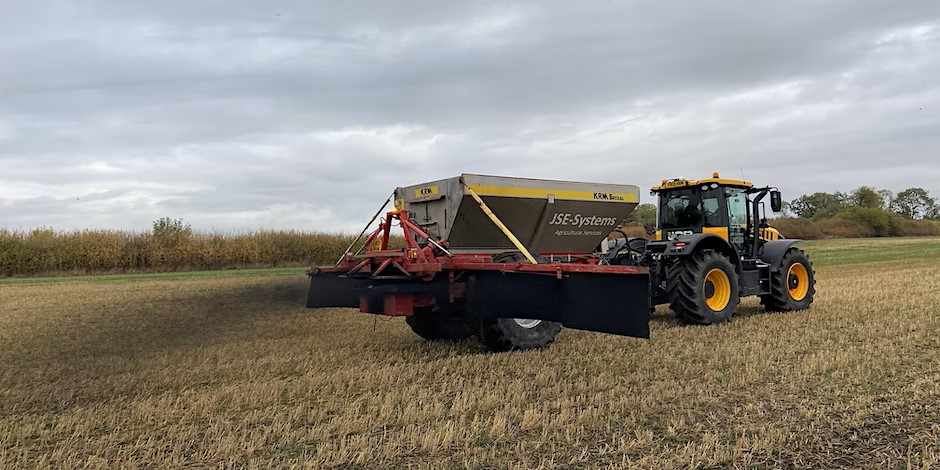The GWCT Allerton Project and Nottingham University are holding a Biochar Knowledge Exchange event to showcase findings from the AgriCaptureCO2 and Biochar Demonstrator projects as to the future commercial use of on-farm biochar as part of both Greenhouse Gas Reduction (GGR) measures to meet Net Zero targets, and to improve soil health and productivity. We will bring together experts from across the field, farmers and those from the wider supply chain and policymakers with an interest in the potential of biochar in an agricultural setting.

Biochar is a carbon-rich substance produced from biomass which can be used to store carbon fixed from the atmosphere by plants. It can be produced from a wide range of feedstock materials, including some waste materials that have no other use, such as domestic green waste, agricultural and forestry residues. Biochar can potentially be applied to soils to sequester carbon for hundreds of years, removing carbon dioxide from the atmosphere. It can also improve the soil by increasing pH of acidic soils, improving water and nutrient retention, and improving soil structure. These can be beneficial to plant health, crop yield and can minimise fertiliser losses.
Topics covered will include:
- General overview of practical greenhouse gas reduction technologies
- Biochar: what is it and how does it work?
- The nature of different feedstocks & biochar
- Practical experience of biochar production, application & use
- Biochar & carbon credits
- Biochar & regulation
- Farm walk of the Allerton Project & biochar trials
There will also be an opportunity for you to ask questions of and provide feedback to biochar researchers.
A must-attend event for anyone with an interest in the role biochar will play in the future agricultural landscape as UK farmers move to produce more sustainable food and deliver natural capital services.
Includes a hot lunch.





